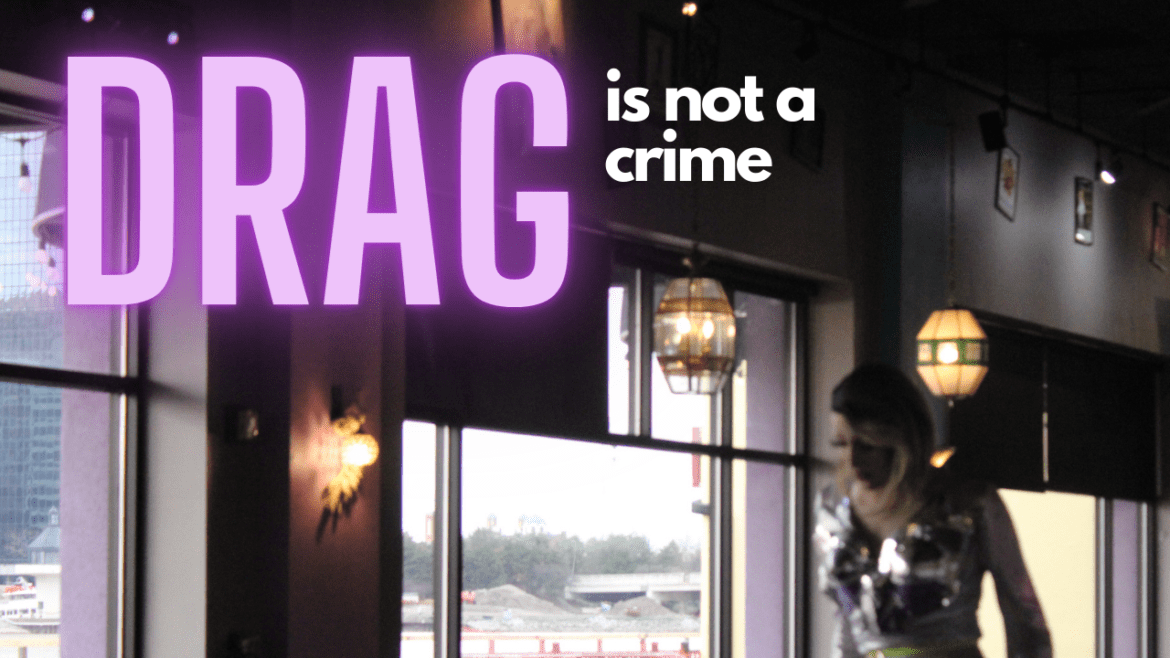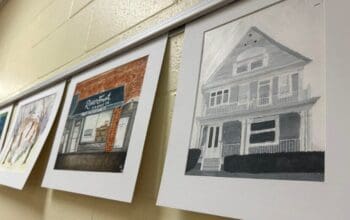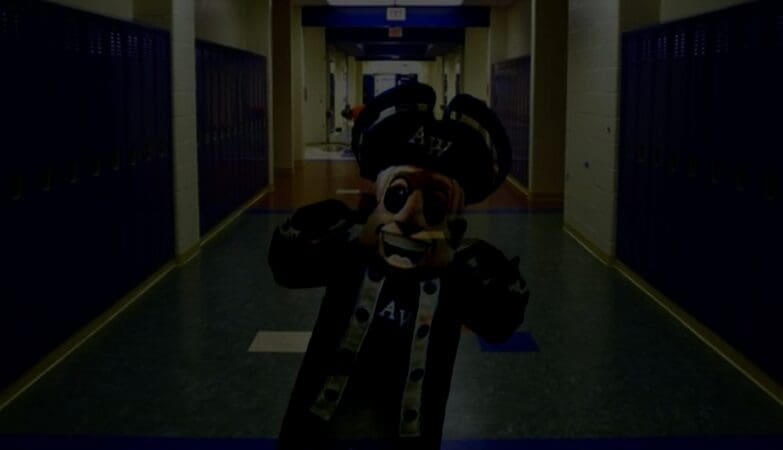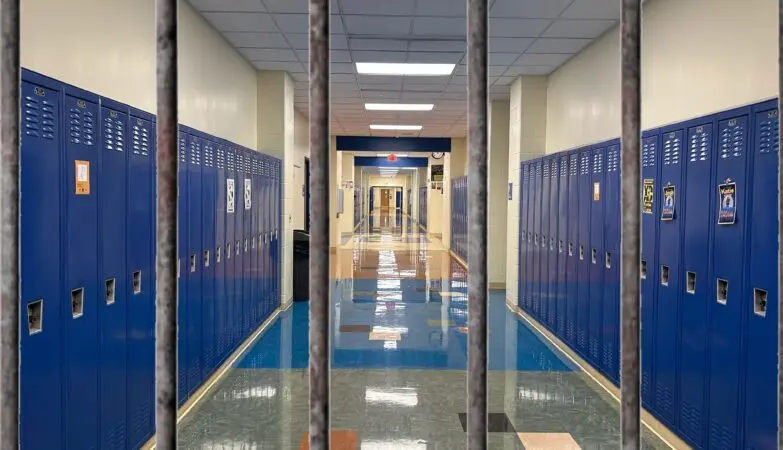Ari Collins
eSomthin staff
Legislators are protecting inanimate objects over working citizens.
As gun violence and mass shootings skyrocket, quickly becoming a leading cause of death for children and teens, legislators have missed their shot at a solution. Instead of protecting citizens from brutality, they continue to inhibit Americans’ right to expression.
Tennessee’s Senate Bill 3 (TN SB003), passed weeks ago, will prohibit specific performances from occurring in public spaces or in locations where children may be present. TN SB003 is categorized as an anti-obscenity and anti-pornography, but the phrase “male and female impersonators” it includes will target minorities, potentially making them criminals.
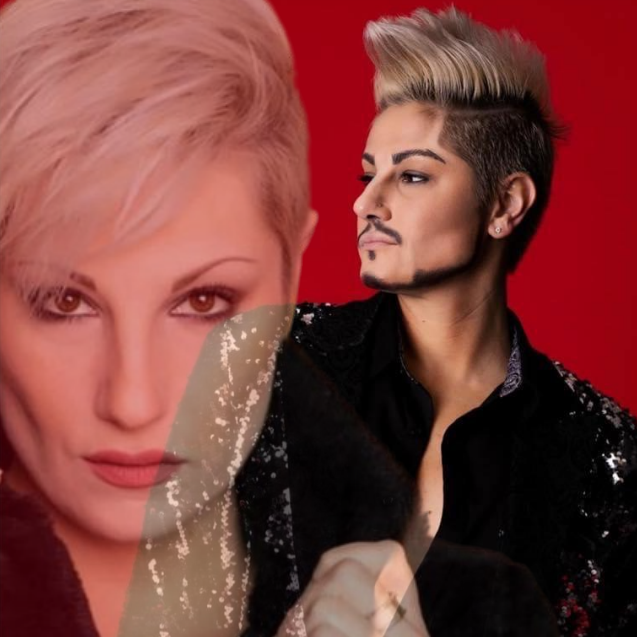
When the law goes into effect this summer, many performances done in male or female drag will become misdemeanors—these violations are punishable with thousands of dollars in fees, while subsequent “offenses” will become felony charges with consequences of up to six years in jail.
Many drag performers around the country are frustrated with these bans, including Thea Grabiec, a drag king in Toledo who performs as “Justin Case.”
“I have a degree in theatre and I’ve always been on stage since I was really young. For me, it was another artistic outlet,” Grabiec said. “That’s why I’m so frustrated about what’s going on because, in my mind, it is a direct hindrance to artistic expression.”
Although performance artists like drag performers are mainly targeted by this legislation, the “male and female impersonation” aspect of the bill may end up causing trouble for people who do not perform, Anhedonia Delight, Cleveland-based drag queen, says.
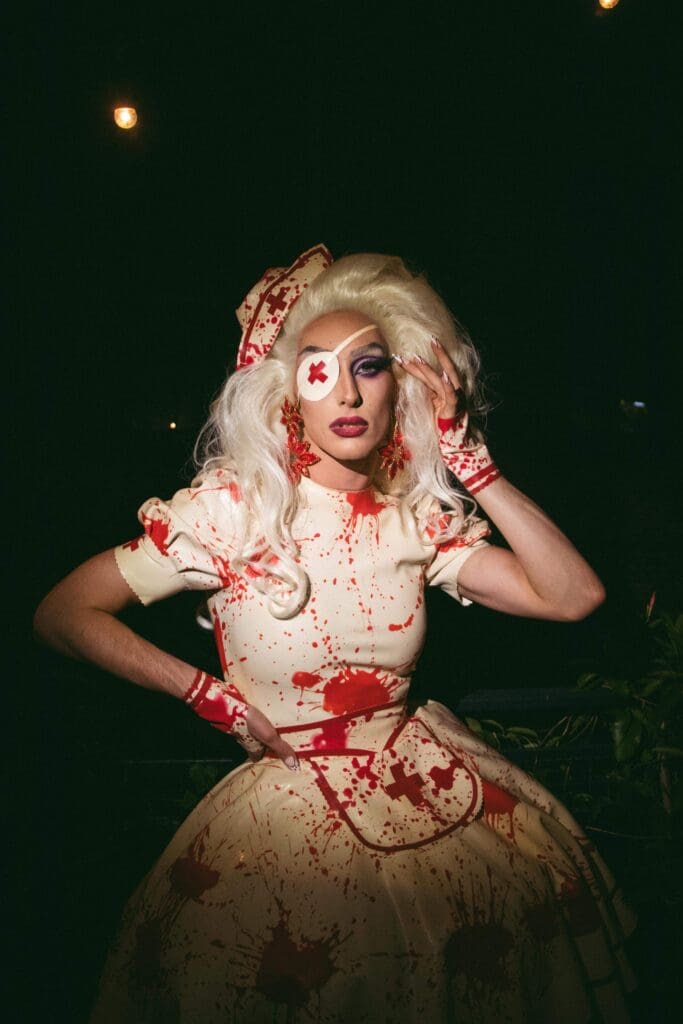
“It is a way…to demoralize a subgroup of people who are already marginalized within the LGBTQ+ [community] in order to ignore actual issues that impact communities. It is a scare tactic, fueled by hate and ignorance,” they said.
Even in non-performance settings, it is wrong to expect “people to show identification or match or look like their born sex in order to avoid prosecution,” Delight said.
Gender-affirming makeup, clothing and hair are part of one’s identity and expression; with this law, these simple things can easily be considered “male or female impersonation” or “cross-dressing” depending on the opinion of the viewer, potentially causing Tennessee’s transgender and non-conforming citizens to face criminal charges.
Not to mention, the entertainment industry has been using drag for decades. Many theatrical productions use drag to cast actors; there are even many movies where actors are put into drag for their roles.
If the Tennessee law prohibits “performances” that include drag or “male or female impersonation,” what can the lawmakers consider performative?
While “performance” often is used as a noun to describe a play or production, other definitions of the word include “the execution of an action,” and “public presentation or exhibition.”
With all definitions of the word in mind, public expression may be considered performative. This bill prosecutes entertainers for working in drag, while creating an unsafe environment for transgender citizens; it is both unnecessary and misguided.
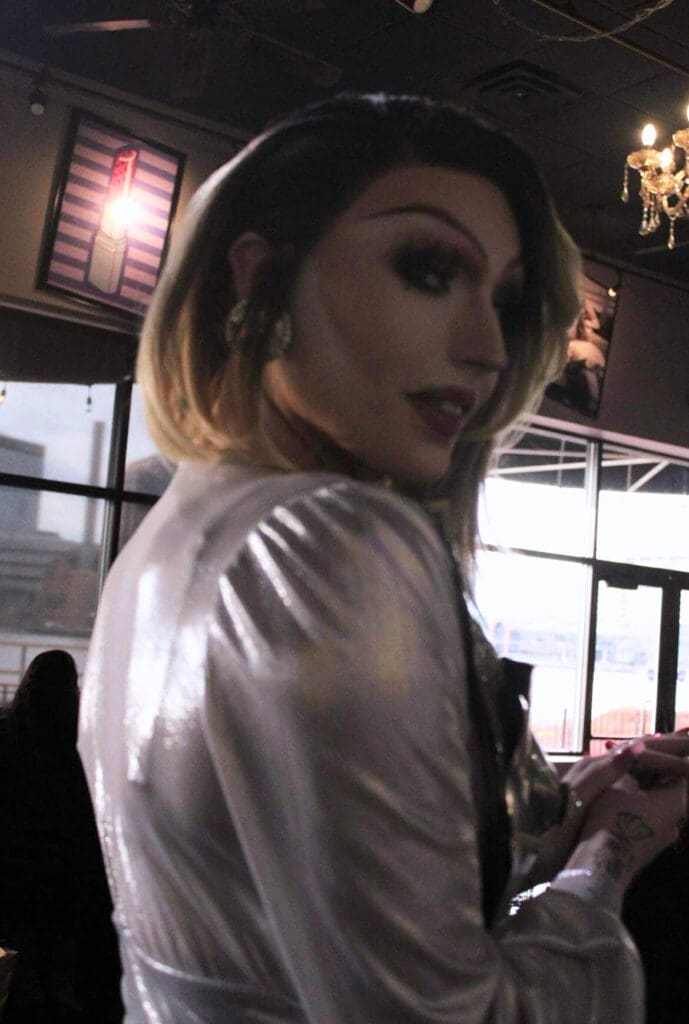
Levi Tracy, Toledo drag queen, seems to agree.
“I don’t really think there’s been any research put behind it. I mean if you actually take your time to go look at the bill and read the bill, it’s very open-ended,” they said.
“It’s not good because we have trans people out there who—they may not want to fully commit to looking a certain way,” Tracy said. “They wanna, you know, some people like to just be comfortable with who they are, and that law could be something that affects them.”
The given “justification’ for the bills is a problem that should warrant a different solution
The events that are most loathed are the family-friendly events, including drag brunches and story-hour book readings, because legislators have framed these bills around the safety of children.
“The big thing right now is that we’re grooming kids, right? That is the thing that politicians are using to cancel or to eliminate this culture,” Grabiec explains.
Drag entertainers are performing to express themselves and to make people smile, not because they want to exploit or influence minors.
“I didn’t get into drag for children,” Tracy said. “I am fortunate enough to perform at Hamburger Mary’s Toledo, where we do create that environment for children.”
Drag entertainers can easily make decisions about shows to make them family friendly. Delight says that they “figure out what is appropriate based on time, place and audience. We tailor our performances based on venues, areas…and by that sense, so should parents, who decide what their kids see. If you don’t like drag, don’t go.”
“I don’t think that we groom children any more than what TV does and what music does—any interaction with anybody does. Children are these unjaded creatures who go through life slowly getting and figuring it out by…experiencing something. We all slowly figure life out by going through an experience.”
Levi TracY
Attending a drag story hour, or simply being in the presence of a drag queen will not damage a child. Exposing children to inclusive entertainment exposes them to reality. Gender is a spectrum. Transgender and non-conforming people exist, drag queens and kings exist: expression is infinite, and children should not be prohibited from seeing something more than a binary.
“We’re adding fuel to the fire—these bullies grow up to be the people that are suppressing us. We have to start way earlier in schools and teach everyone that we don’t need to hate everybody,” says Grabiec. “I think using drag, or using these platforms that Thea or Justin has, to create a safe space for the next generation of specifically queer kids, but also to young allies, is so important.”
If the legislators forming these drag bans are truly worried about the safety of children, they should not be punishing performance artists and instead focus on fixing the problems that cause real danger for future generations.
Drag entertainers are not a problem, much less a problem that this country needs to regulate
Not only is it troubling that there are bills being written that violate a person’s freedom of speech while also criminalizing a marginalized group; it is aggravating that politicians cannot look beyond their personal prejudice to focus on the actual problems that this country has.
“I don’t think drag should be something that this country is worried about right now,” Grabiec said. “We need to worry about the mass shootings. We need to worry about how children are dying in school because of the guns, or because of suicide and because of bullying.”
As performers are being targeted by conservatives in state governments, the number of mass shootings this year spikes up, the count passing 150. In addition to schools, spaces for marginalized communities have quickly become obstructed by violence. Parents in America are already scared to send their children to school, but many other safe spaces are turning hazardous at an unsettling rate.
For example, many members of the LGBTQ+ community still mourn the deaths of five from a shooting at Club Q, a meeting place for the queer community in Colorado Springs in November of 2022.
The latest hate crime data from the US FBI reports that there were over a thousand hate crimes committed against members of the LGBTQ+ community—224 of these reported offenses were made against transgender and gender non-conforming people.
In addition to general attacks against LGBTQ+ people, GLAAD found that there were at least 141 reported threats of violence present at drag-related events last year.
“I have had a handful of people walk out of the venue, recoil in disgust or just ignore me. Ignoring me or someone else on stage might be the worst,” Delight said. They also mentioned that they have experienced situations where audience members try to touch performers. “There is a lack of consent. It shows total disrespect.”
Grabiec said that the only issues she has had in Ohio were during Pride month celebrations when opposing groups showed up protesting, yelling and throwing things at performers or in the street.
But then again, Grabiec asks: “How do you fight that? That is their expression or freedom of speech, you know. Everyone has the right to do what they want, as long as it’s not hurting someone else.”
“I’m not mad that you want to speak your mind—I’m mad that you want to hurt someone with your words.”
thea grabiec (Justin Case)
Grabiec said that she is afraid of the violence that may occur against the community, especially because she has friends in other states who are attempting to protest the drag bans.
“Could people show up with guns, spray bullets into the crowd of 300 drag entertainers and take everyone out? Absolutely,” she said. “They’re going there to protest—really what that is, is like, in my opinion, Stonewall all over again.”
“And it does scare me because if [the drag ban in Tennessee] does start to set or align some type of trend, I see our entire LBGTQIA+ community going backwards like, I don’t even know, so far to the point where like we were petrified to come out.”
Unfortunately, with the passing of the law, at least 14 other states, including Arizona, Kentucky, Oklahoma, and Texas, have proposed similar bills which would effectively ban most drag shows. Apart from anti-drag bills, with Tennessee’s guidance, more than 200 other anti-LGBTQ+ bills proposed in 2022 may be re-propelled into conversation.
“I don’t want to see our community go back to that point where we feel like we have to live in secret. That, to me, doesn’t seem fair to a large population, not even of the country but the world,” Grabiec said.
“The entire community is enraged and we are so ready to keep fighting, even though we’re tired. We are so tired,” Grabiec said. “We’re beaten or killed on the streets for being gay—it’s just like when is this going to stop? When is someone gonna actually care and protect our community?”
While many members of the LGBTQ+ community may be tired from fighting, there are also many that still have hope.
“The queens in Ohio—I don’t think we’ll just lay down and die,” says Tracy. “I think there’s been plenty of us in here fighting for a couple years to keep it going and I don’t think we’re just going to let something like that happen.”
To support this fight, allies can sign petitions that are trying to stop these bans, encourage inclusive teaching and support local drag artists.
Check out other stories on eSomethin.com!
- Explore the 2024 Solar Eclipse: History, Safety, How To Experience It
- Celsius energy drink flows through water fountains on April 1st
- Taft is the New Principal of PHS on April 1
- eNothin exclusive: After reviewing security footage on April Fool’s Day, Perrysburg admin discovers Anthony Wayne students took the rivalry too far, resulting in school-cancelling power outage
- PHS art students will honor the rich history of their city in “Historic Perrysburg” art show
